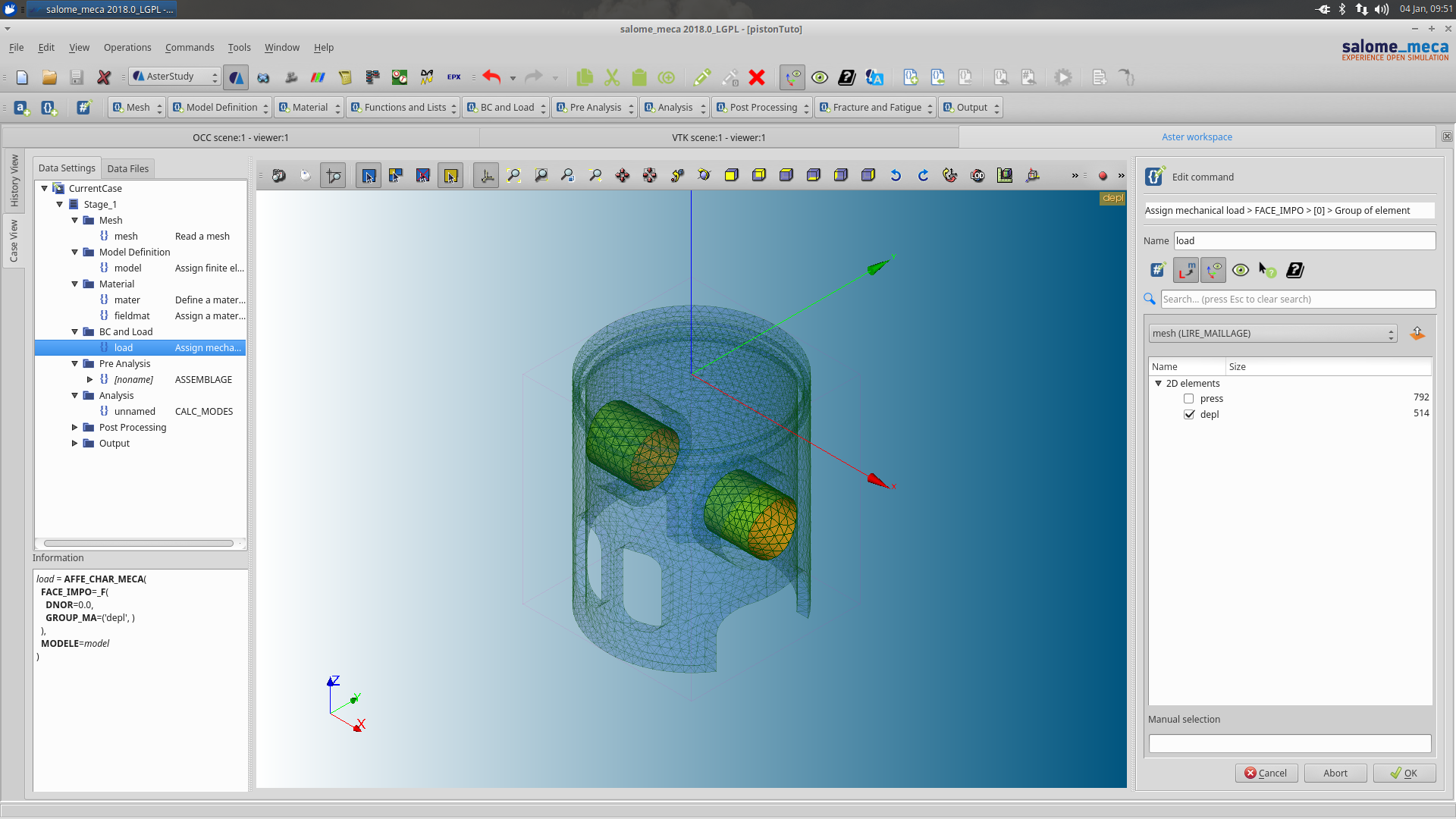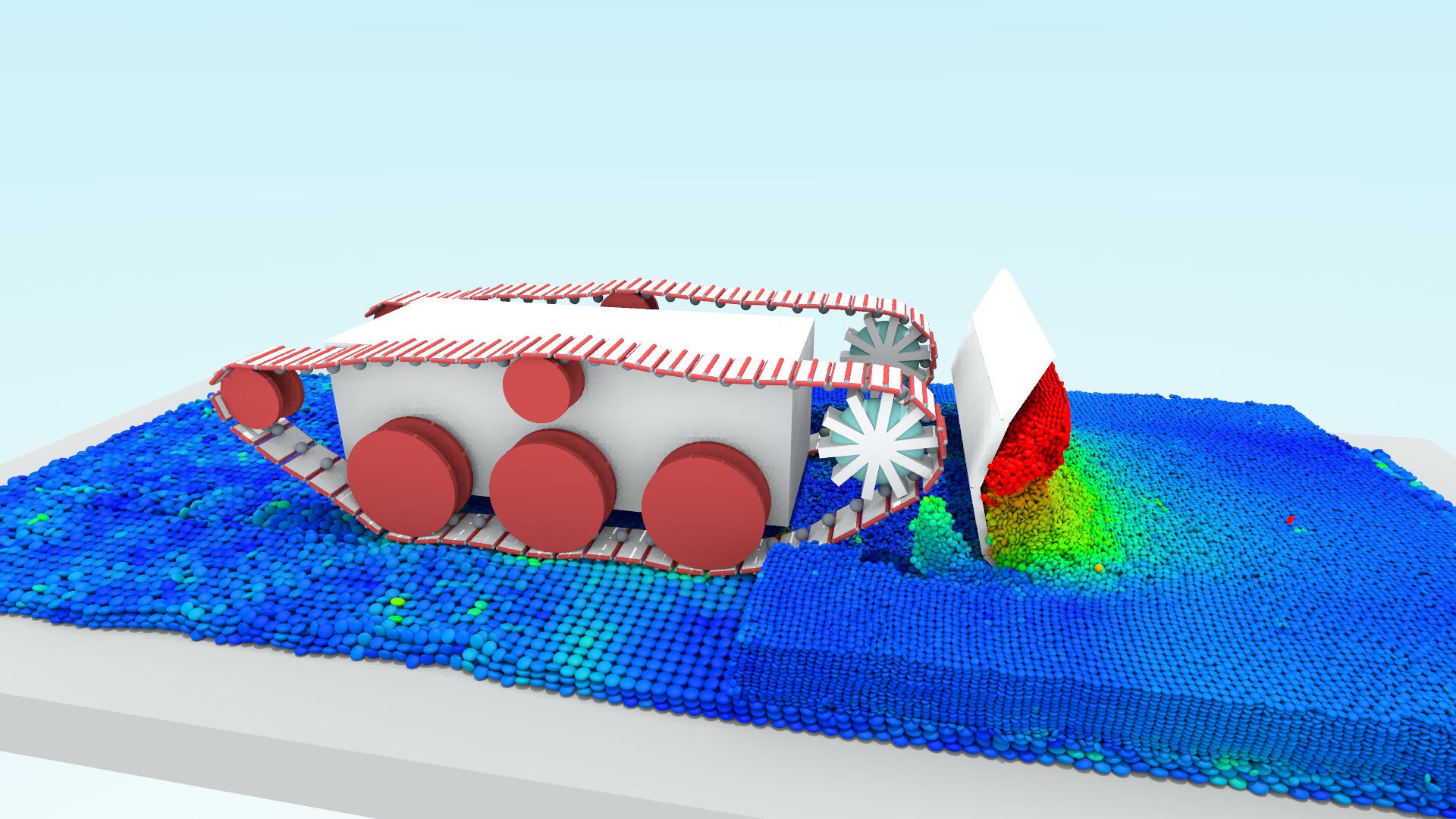
- #BEST PHYSICS SIMULATION SOFTWARE SOFTWARE#
- #BEST PHYSICS SIMULATION SOFTWARE CODE#
Many static properties can be obtained by this tool. The electromagnetic fields used for it are totally dependent on time. It is specially used for the simulations of electron-ion dynamics. Octopus is a very popular Physics tool for Linux.
It generates easy-to-read histograms in different formats. It features a huge library of components, including steady-state and pulsed sources, monochromators/analyzers, guides, collimators, etc., for neutron scattering. McStas supports triple-axis features and time-of-flight instruments. It runs fast and smoothly on any type of device. It has a built-in compiler that will translate your instructions to the ANSI-C language. This tool supports high-level language, and this is why it is very easy to use. This open-source tool is used in different experiments regarding neutron scattering. #BEST PHYSICS SIMULATION SOFTWARE SOFTWARE#
It is a neutron ray-trace simulation software for Linux. OpenFOAM has a huge set of libraries that you will get for using straight out of the box.

This tool can generate meshes and convert or manipulate them accordingly.Support for different types of modeling, including lagrangian modeling, thermophysical modeling, multiphase modeling, etc.The integrated C++ GUI named FoamX can be used to manage case files.It has the option to customize pre-installed programs and even create new programs.It has built-in solving programs like combustion, heat transfers, electromagnetics, solid dynamics, etc.
#BEST PHYSICS SIMULATION SOFTWARE CODE#
It uses the top-level code that gives you the direct representation of the equation being solved. It has numerous built-in C++ classes for finite volume, finite elements, and Lagrangian particle tracking. Partial differential equations can be solved without any hassle. It is a C++ library and simulation engine. OpenFOAM is a very popular Physics tool for Linux.
 Built-in two directions Python and Ruby programming interface. Users can use the distributed computing feature for the opportunity of parallel data analysis. Advanced neural networks option for multivariate data analysis. Four-vectors computation system for use in high-energy physics. Regression analysis or curve fitting and function minimization tool. ROOT can render various 2D and 3D geometric shapes to visualize data. It provides histograms and graphs to visualize different functions. But after the gradual development process, it is now used in solving some astronomical problems and data mining. ROOT was initially being developed for analyzing the data of particle-physics. It is used for solving many problems of high-energy physics. It is a programming library that works based on the object-oriented method. The world-famous research facility CERN develops it. We are certain that no matter what your requirement is, you are going to love this curated collection of Linux physics software. Some of them are for analyzing data, some for numerical applications, some for simulation, and even some will help you in programming the solution of different physics-related problems. Here we have enlisted a collection of the 15 best Physics tools for Linux. So, it’s very difficult to call a single piece of software the best. There are different types of applications of Linux physics software in the study and research of theoretical and applied physics. So, if you were looking for the best physics tools for Linux, you are in the right place.
Built-in two directions Python and Ruby programming interface. Users can use the distributed computing feature for the opportunity of parallel data analysis. Advanced neural networks option for multivariate data analysis. Four-vectors computation system for use in high-energy physics. Regression analysis or curve fitting and function minimization tool. ROOT can render various 2D and 3D geometric shapes to visualize data. It provides histograms and graphs to visualize different functions. But after the gradual development process, it is now used in solving some astronomical problems and data mining. ROOT was initially being developed for analyzing the data of particle-physics. It is used for solving many problems of high-energy physics. It is a programming library that works based on the object-oriented method. The world-famous research facility CERN develops it. We are certain that no matter what your requirement is, you are going to love this curated collection of Linux physics software. Some of them are for analyzing data, some for numerical applications, some for simulation, and even some will help you in programming the solution of different physics-related problems. Here we have enlisted a collection of the 15 best Physics tools for Linux. So, it’s very difficult to call a single piece of software the best. There are different types of applications of Linux physics software in the study and research of theoretical and applied physics. So, if you were looking for the best physics tools for Linux, you are in the right place. 
Almost all of them are compatible with Linux. There are many open-source physics tools available out there on the internet. And that is the moment when we need to use some computer programs. So, if we’re going to understand physics from the deep inside, we must discover it by experimenting and analyzing recorded data. The knowledge of physics is very practical. If we want to understand our universe and, most importantly, ourselves, we must learn physics. If physics is considered the theory, then every other branch of science is the application of it. This is why physics is called the most fundamental branch of science. Every particle of the universe obeys the rules of physics.







 0 kommentar(er)
0 kommentar(er)
